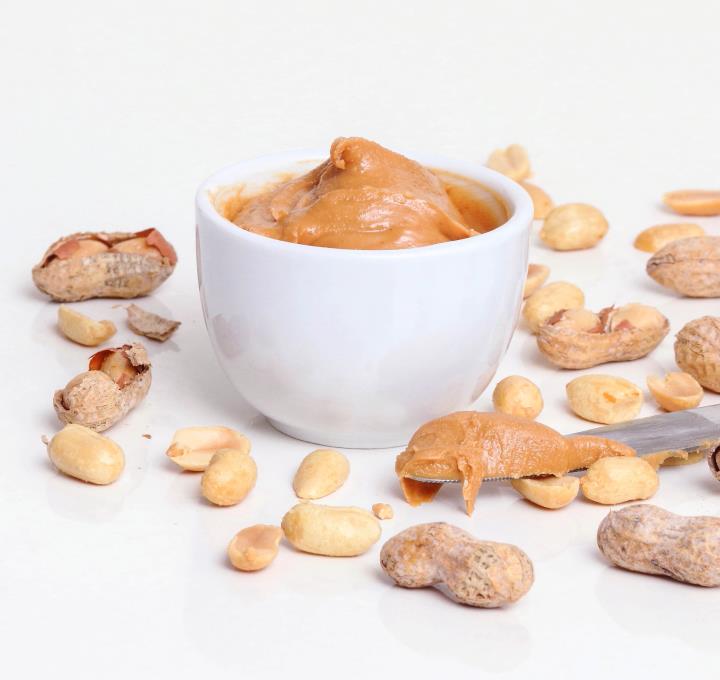Oct 30, 2025

Dementia is a progressive syndrome caused by various brain diseases, most commonly Alzheimer’s, that erodes memory, reasoning, and personality. As of 2025, over 57 million people worldwide live with dementia, and that number is projected to reach 139 million by 2050. A new case develops every three seconds, making it a growing global health challenge.
While aging is the strongest risk factor, research highlights several controllable risks that may help delay onset:
- High Blood Pressure: Chronic hypertension harms brain vessels, reducing oxygen and triggering inflammation that speeds cognitive decline.
- Diabetes: Type 2 diabetes impairs brain blood flow, increasing risk of dementia, especially with longer, more severe cases.
- Smoking: Smoking, past or present, raises Alzheimer’s risk due to oxidative stress, despite mixed research findings.
- Head Trauma: Major head injuries, especially with unconsciousness, heighten Alzheimer’s risk; helmets and fall prevention help.
- Alcohol Use: Heavy drinking may triple Alzheimer’s risk; moderate intake shows mixed effects—some protective, others harmful.
source National Institute of Aging, Harvard Health, www.hopkinsmedicine.org, www.alzheimers.org.uk, www.alz.org, www.neurosciencenews.com

Managing diabetes requires careful attention to both food and drink choices—including alcohol. While there's no universal rule, the American Diabetes Association recommends discussing alcohol use with a physician due to several risks:
- Blood Sugar Impact: Alcohol disrupts liver glucose release, raising hypoglycemia risk, especially with insulin or certain meds. Symptoms include confusion, drowsiness, and trouble walking.
- Medication Interference: Alcohol may intensify diabetes meds, increasing the chance of low blood sugar.
- Weight and Blood Sugar: Alcohol’s high calories and carbs can cause weight gain and hyperglycemia. Stored liver fat may also reduce insulin sensitivity over time.
source American Diabetes Association, Cleveland Clinic, WebMD, www.diabetes.org
ON THE COVER: J.R. Talks Health
Being a dad has been the prescription Andrew (J.R.) Flores needed for staying healthy.
“It wasn't until I had my daughter almost nine years ago, that I started going in for my annual physical,” Flores admitted.
When Lilly came along, it opened his eyes to putting first things first.
“Not only as I've gotten older but since I've had my daughter, I realize I need to be healthy for not only myself now, but for her,” Flores explained. “You don't realize how out of shape you are until you are chasing after a kid.”
Flores is program director at KERN Radio & ESPN Bakersfield and host of The J.R. Show.
Although his job has him talking about things like current events, local government or sports, off air, he focuses on his most important job: being a dad—and that means staying strong for your family.
“I love my dad and want him to see me grow up,” Lilly said. “He is the best dad and plays with me and studies homework with me. I try to make him eat healthy and drink less soda. I want my dad to live for a long time and be healthy.”
But it doesn’t necessarily come naturally.
“It’s almost like it's a generational thing. We didn't see our fathers and grandfathers go to the doctors,” Flores observed. “I think we men are prideful and there is still this thing about showing weakness—kind of that ‘man up’ mentality, ‘We got this!’”
That’s where Lilly comes in. Father and daughter enjoy outdoor activities and riding bikes.
And Flores hopes other dads find inspiration to keep an eye on their health.
“Take your health seriously. If anything, get your yearly physical,” he said. “Know your numbers. Know your family's health history and when to get those screenings.”
And one more thing the guy who talks for a living has to say:
“Remember that men's health isn't just about the physical—your mental health is just as important,” Flores said. “Your spiritual health is equally important. If you aren't feeling like yourself, talk to someone about it. Getting involved in a church or men's group. The Influencers Men's group changed my life. Allow yourself to be happy, stop putting so much pressure on yourself. Learn to slow down, enjoy your family and be grateful!”
Peanut Butter Power

Source www.health.com, www.tuasuade.com, www.nutritionix.com, www.verywellhealth.com
Q. Can You Catch Up on Sleep?

(Study: State Key Laboratory of Infectious Disease at Fuwai Hospital)









